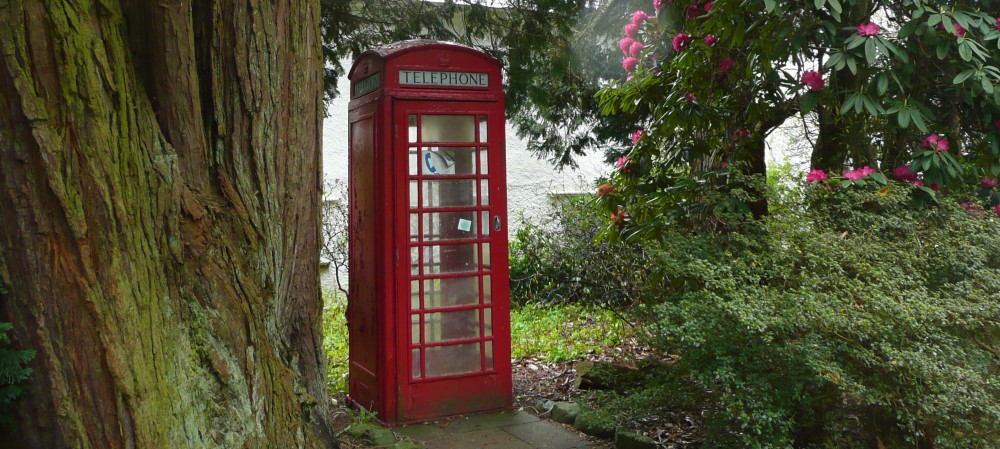The pages below are from Louise Penny’s Gamache series book 16. It plays in Paris, France. The exerpt is an exchange between the wife of the main protagonist Chief Inspector Gamache from the Canadian Sureté, herself a retired librarian who worked in top position at Québec’s Bibliothèque et Archives nationales, and the Chief Archivist of the Archives Nationales in Paris.
Continue readingExerpt (2) How does the story continue?
The page below is from a very recently published novel. The author has written a large number of highly successful stories, many of which have been adapted to movies. He likes experimenting with different genres from science fiction, magic realism, fantasy, crime and suspense, to name just a few. His books often relate to current topics of social or political relevance, and frequently, though not always, include supernatural elements or twists. All stories evolve around human relations and conflicts. His strength lies in creating atmoshere and drawing the reader into the story – you feel you are there. He creates complex characters and a vivid sense and atmosphere of the locations or places where events unfold.
Continue readingVerb Structure Circle: Brief Summary
The English verb system in its basic structure is very regular and fairly free of inflection. It does not consist of 12 to 17 tenses as some sources claim. It is a combinatorial system whose building blocks are: two simple forms (traditionally called ‘simple present’ and ‘simple past’), two auxiliaries (BE and HAVE) and two participles (verb + ing, commonly called ‘present participle, and ‘past participle’). Together they can be combined to form various structures of different semantic complexity. This I demonstrate with the Verb Structure Circle.
Continue readingFuture perfect continuous – what?
In one of my classes, a participant showed us one of these traditional, never going to go away lists of verb structure combinations sold to students of English as ‘all the tenses of English’. Daunting. I have written about this in more detail on my page ‘The English Verb Structure Circle’.
The internet is full of pages that list these structures. (Some) English course books and grammar reference books present these kinds of lists too. I find them little helpful as they lack insight into the regularity of the English verb structure system. Besides the two ‘simple’ forms, they are lists of all possible combinations of the auxiliaries BE and HAVE plus participles, and modal auxiliaries plus participles. The two modes (factuality and modality) are not clearly differentiated from each other. Instead, constructions with WILL, for instance, are singled out and named as future tense of English.
Continue readingAre you an extrovert or an introvert?
The article and quiz ‘Are you an extrovert or an introvert (and why it matters) (link below) is related to a TEDtalk from 2012 by Susan Cain; Quiet: The Power of Introverts. This issue has forcefully come up again during corona times in connection with how people feel about having to work alone from home.
In relation to this, the BBC article Why introverts excelled at working from home deals with the question what kind of personality types are supported by which kind of work. Or in other words: do ‘traditional’ office jobs favor louder, more visible and extroverted people at the expense of introverts – whose time has now come?
What are SPORCLES?
Featured

Sporcle.com is a page that provides a huge collection of quizzes of all kinds. For my classes I like using those where language has to be linked to imagery. There are some very creative ideas on this site waiting to be discovered. You can add them to a class at the end when some time left or at the beginning as an introduction or supplement to a topic.
Continue readingWorking hard makes you a better person, doesn’t it?
There have been a lot of discussions, books and articles about a change in attitude especially among younger generations towards the role of work and careers. They are, assumably, not as willing anymore to slog away their days in questionable loyalty to some company or institution, no matter what.
Continue readingText exerpt (1) A science fiction classic and some examples of ‘past perfect’ and ‘used to…’
Guess which ‘classic’ the following text passage is from.
Continue readingThe house stood on a slight rise just on the edge of the village. It stood on its own and looked out over a broad spread of West Country farmland. Not a remarkable house by any means – it was about thirty years old, squattish, squarish, made of brick, and had four windows set in the front of a size and proportion which more or less exactly failed to please the eye. The only person for whom the house was in any way special was Arthur Dent, and that was only because it happened to be the one he lived in. He had lived in it for about three years, ever since he had moved out of London because it made him nervous and irritable. He was about thirty as well, tall, dark haired and never quite at ease with himself. The thing that used to worry him most was the fact that people always used to ask him what he was looking so worried about. He worked in local radio, which he always used to tell his friends was a lot more interesting than they probably thought. It was, too – most of his friends worked in advertising.
A verb in the ‘simple past’ always stands alone
If not, it is not a verb, but a participle. (Example: …have watched…watched is a ‘past participle’)
Continue readingWhy do learners of English struggle so much with the ‘past tense’?
This is a genuine question. Baffles me all the time. Is it because people can’t believe it is so easy? Is it interference from their native languages? A mix of still to be found reasons?
You hear sentences like:
Continue readingHow would we like to work?
During the pandemic, the topics of work-life balance, healthy work environments, satisfying work etc. came even more into focus than they had before. Work environments underwent dramatic changes in various lockdown situations. Whereas in many jobs or professions, employees and workers had no choice as to continue going to their respective work places, others, especially office workers, experienced working from home as a new normal.
Towards the end of the pandemic or the emergency situations, discussions intensified about how people wanted to work in future: which changes induced by the pandemic situation would they like to keep, where would they like to go back to how things were before – if at all – and what was truly missed.
Continue readingMajor Mistakes
Major mistakes are mistakes that matter. Where what you say (wrongly) can really lead to a misunderstanding (worst case), violates the basic structural regularity of the language, or is simply not the correct form to use or right thing to say because it has a different meaning from the one intended.
Analysing and discussing these mistakes can help understand the semantics of grammatical forms, especially verb structures. In the case of vocabulary, it can help improve your active use of words and phrases (and I find talking about words and their meanings enjoyable, but that might just be me).
Continue readingThe Rules of the Game – Basics principles of the English verb structure system
For an extensive description go to my page The Verb Structure Circle.
This post is intended as the first in a series on the Basic Principles of English. My focus in the beginning will be on verb structures. I will provide examples and exercises (which is why you will also find these posts under the category Lessons and lesson activities). Each post will focus on one point. Sometimes the exercise will consist of only one small task so that the topic need not take up a whole session.
Continue readingBicycles
How to get cars out of inner cities? Watch Janett Sadik-Khan’s TED talk about an experiment she initiated as trafic commissioner in New York City.
Continue readingVerb grammar in context – a little verb grammar practice
Check the texts below. Tip: Before you start filling in appropriate forms, note what kind of text you are dealing with. Is it a technical text, non-fiction, opinion, part of a novel etc. Certain text types tend to be structured and written in a certain way. In a novel, for instance, a narrator tells a story mostly using a past tense form. Nevertheless, the story-telling feels immediate or present, which is why you would find something like: All was quiet tonight – ‘tonight’ suggesting present time. For this reason, some call the past tense form in stories ‘literary past tense’: though using the past tense, the story still feels as if it is unfolding ‘now’ while you are reading (see also: Tenses in fiction writing).
Continue readingYoung Russians fleeing country
Adapted from New York Times, October 5, 2022
Below you find an adapted and abbreviated version of an article from the New York Times reported by Andrew Higgins. He describes the situation of many young Russian men who are trying to escape their home country in a desperate attempt to evade being pulled into a war they do not support.
Continue readingHow languages are learned
I would like to share a little exerpt from a book that tries to encourage learners of any given language not to be afraid of exposure to original material even in their early stages of learning.
Language is one of the most complex systems our minds manage to master. We should or can trust our brains to acquire a lot of skills in ways we do not always understand or are able to describe. (And that we cannot or need not always control).
Continue readingTED Ed
Another great source are Ted Ed Talks. These are short, five minute videos covering various topics.
Here a list of some of my favorites:
Would you pass the wallet test? In this video we are presented with a moral or ethical dilemma asking how honest we would be in a given situation.
Continue readingWhat is a week?
In the UK and several other countries, research institutes and companies are trying out different ways of working. One such project is the trial run of a four day week instead of the traditional five. Below you find an adaptation of the text from The Guardian, supplemented with a little gap-filling exercise.
One of the research institutes involved in this project is the thinktank Autonomy. On their website you find a little video titled Change the Week.
Continue readingPresent perfect or simple past?
A grammar question that comes up quite frequently in English classes with German speakers concerns the semantic differences between the perfect and past tense forms in English and German. Especially the perfect forms cause confusion. Structurally, they look very similar, but their semantics or the way they are used differ.
I have been trying to find out more about the history behind this phenomenon. German uses the perfect form to speak about things past, English uses the simple past for this. Learners of English, especially German native speakers, struggle with this distinction.
Learners of German most likely struggle with the fact that German has two forms to refer to ‘things past’. One is prevalently used in writing, the other in spoken language.
Continue reading